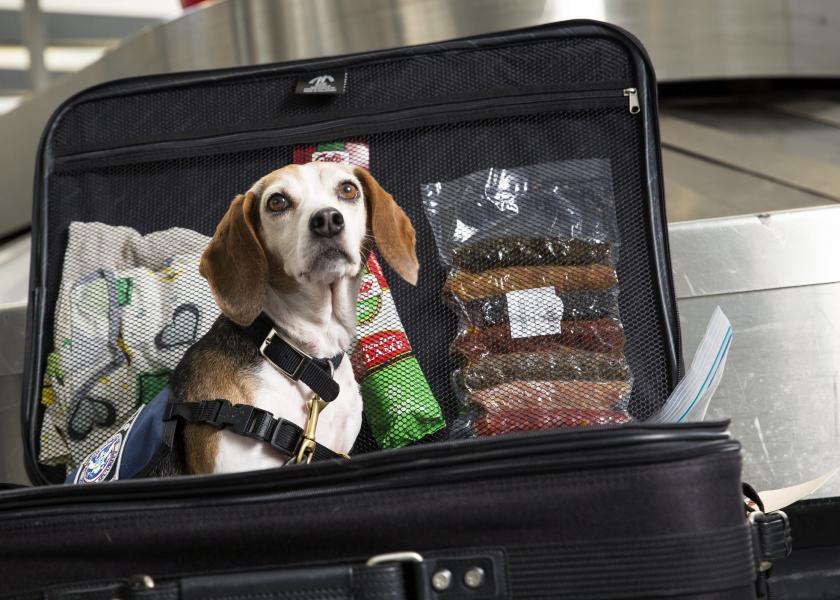Keeping Up Our Defenses on ASF

For the first time in approximately 40 years, the first cases of African swine fever (ASF) were recently detected in the Western Hemisphere in the Dominican Republic (DR). While the U.S. remains free of ASF– an animal disease affecting only pigs with no human health implications – and imports no pork, animal feed or other pork production-related products from the country, it underscores the importance of continued detection and biosecurity efforts to protect swine in this country.
ASF, which also continues to spread in Asia and parts of Europe, and other foreign animal diseases (FADs) are a serious risk to U.S. agriculture. If ASF or another FAD entered the country, it would cause billions of dollars in losses and lead to an immediate loss of export markets. To prevent such a scenario, we need to ensure the U.S. remains vigilant to protect agriculture from FADs.
The confirmed ASF cases in the DR were part of a cooperative surveillance program between the U.S. and the country. As a response, USDA and the U.S. Customs and Border Protection (CBP) are stepping up their ASF detection and prevention efforts, including increasing inspections of flights from the DR, greater oversight to ensure the proper disposal of garbage from incoming flights or ships from the country, and offering continued ASF testing support and other measures in the country to support response and mitigation measures.
The U.S. is in a much stronger position today than we were when ASF broke in China almost three years ago. We have a better understanding of the disease, and we appreciate the numerous measures that USDA and CBP have adopted to mitigate ASF risks, including strengthened border inspection and the implementation of the active surveillance program designed to quickly detect and eradicate ASF.
We cannot let our guard down. That’s why it’s so important the U.S. has funding for additional agriculture inspectors at our borders and ports. They’re our first line of defense to protecting livestock and plants from diseases. NPPC had been strongly advocating for more U.S. agriculture inspectors and last year, Congress authorized funding for 720 new CBP inspectors at our borders. NPPC is now advocating for that funding to be appropriated and we plan to work with lawmakers to ensure U.S. biosecurity efforts at our border are increased.
Meantime, NPPC has noted the following measures for U.S. pork producers:
• Use caution when hosting on-farm visitors from an ASF-positive region of the world; follow downtime recommendations from USDA’s Plum Island Foreign Animal Disease Diagnostic Laboratory.
• Review your biosecurity protocols to ensure consistent practice of appropriate safeguards.
• Fill out the FAD Preparation Checklist found here and enroll in the Secure Pork Supply program.
• Visit with your feed suppliers to discuss the origin of the feed ingredients they are using in your diets.
For additional information on ASF biosecurity, please visit hhttp://www.nppc.org/asf.
Read more on Farm Journal's PORK:
Pork Leaders to Stop Importing Unprocessed Feed Ingredients from FAD Countries
Nocturnal Hunters in Alabama Take Aim at Feral Pig Problem
USMEF Audio: ASF in Dominican Republic Heightens Need for Regionalization Agreements







